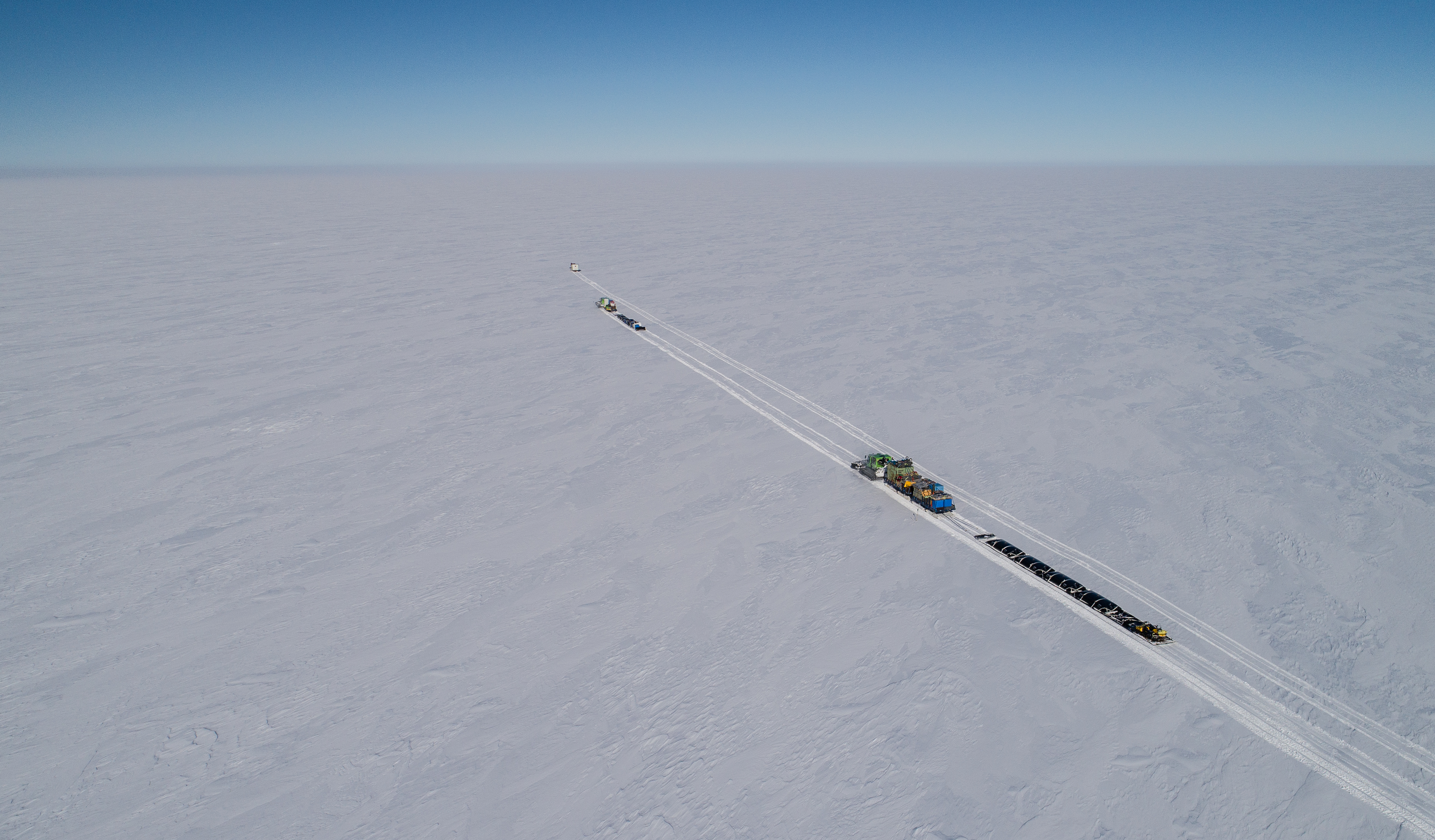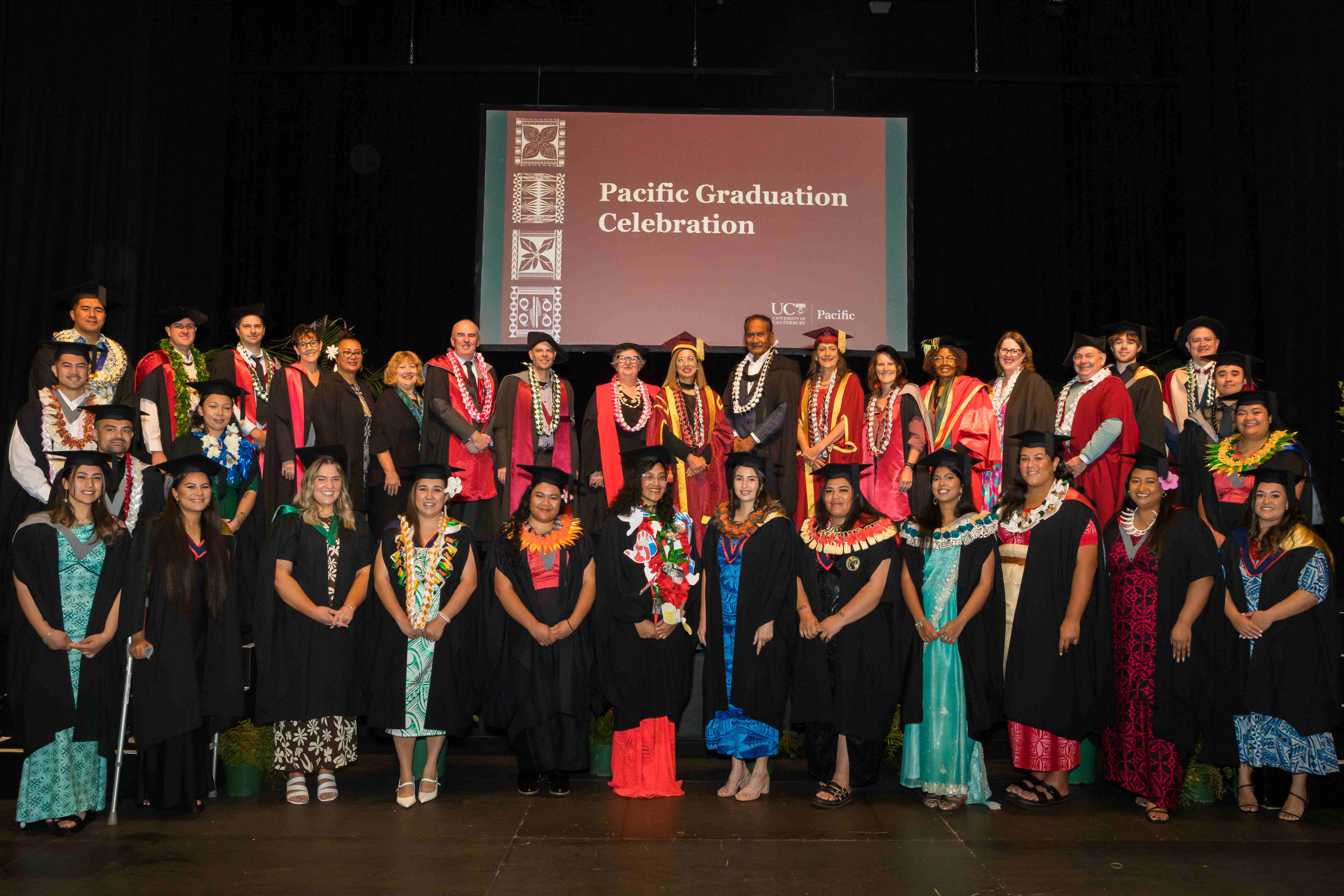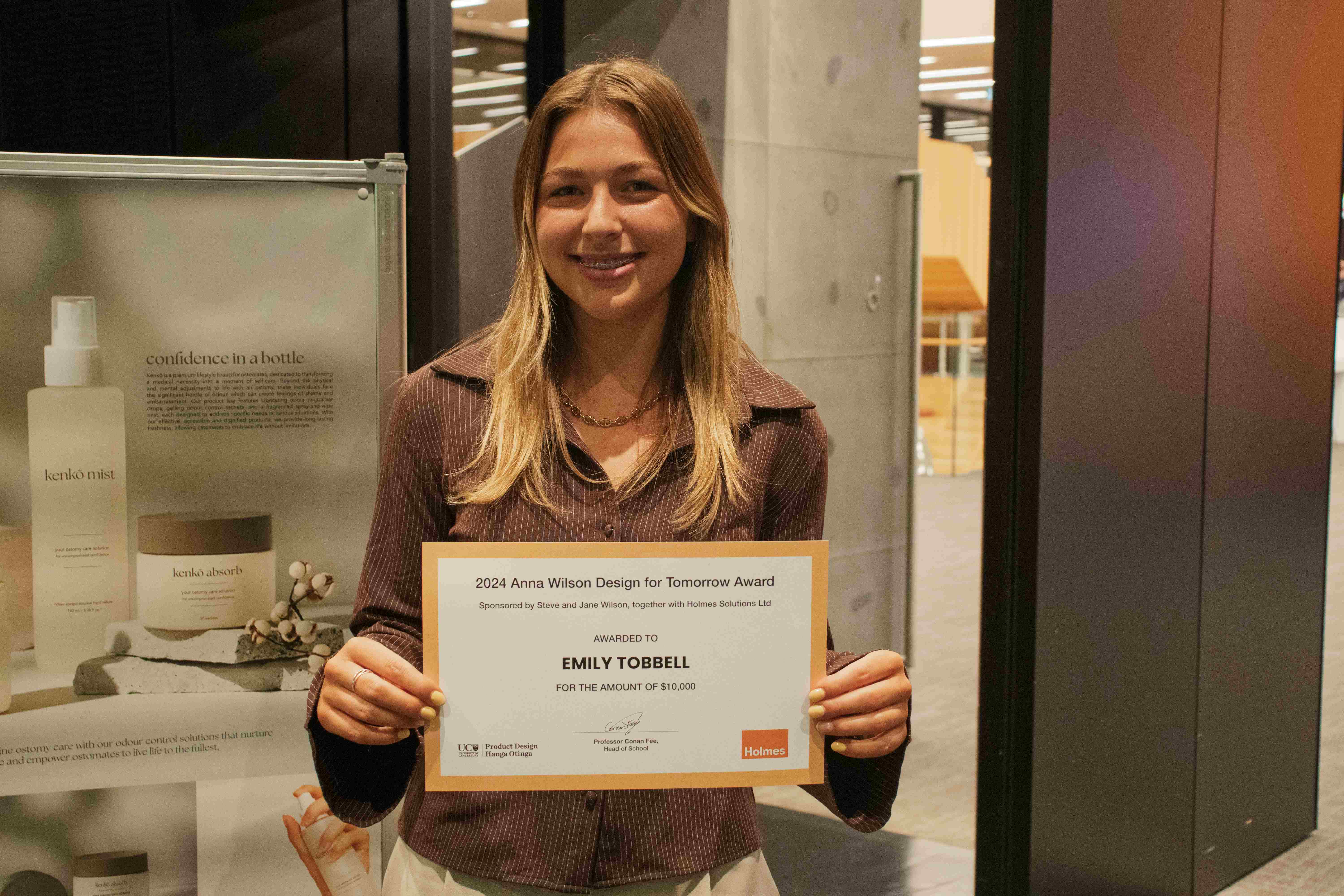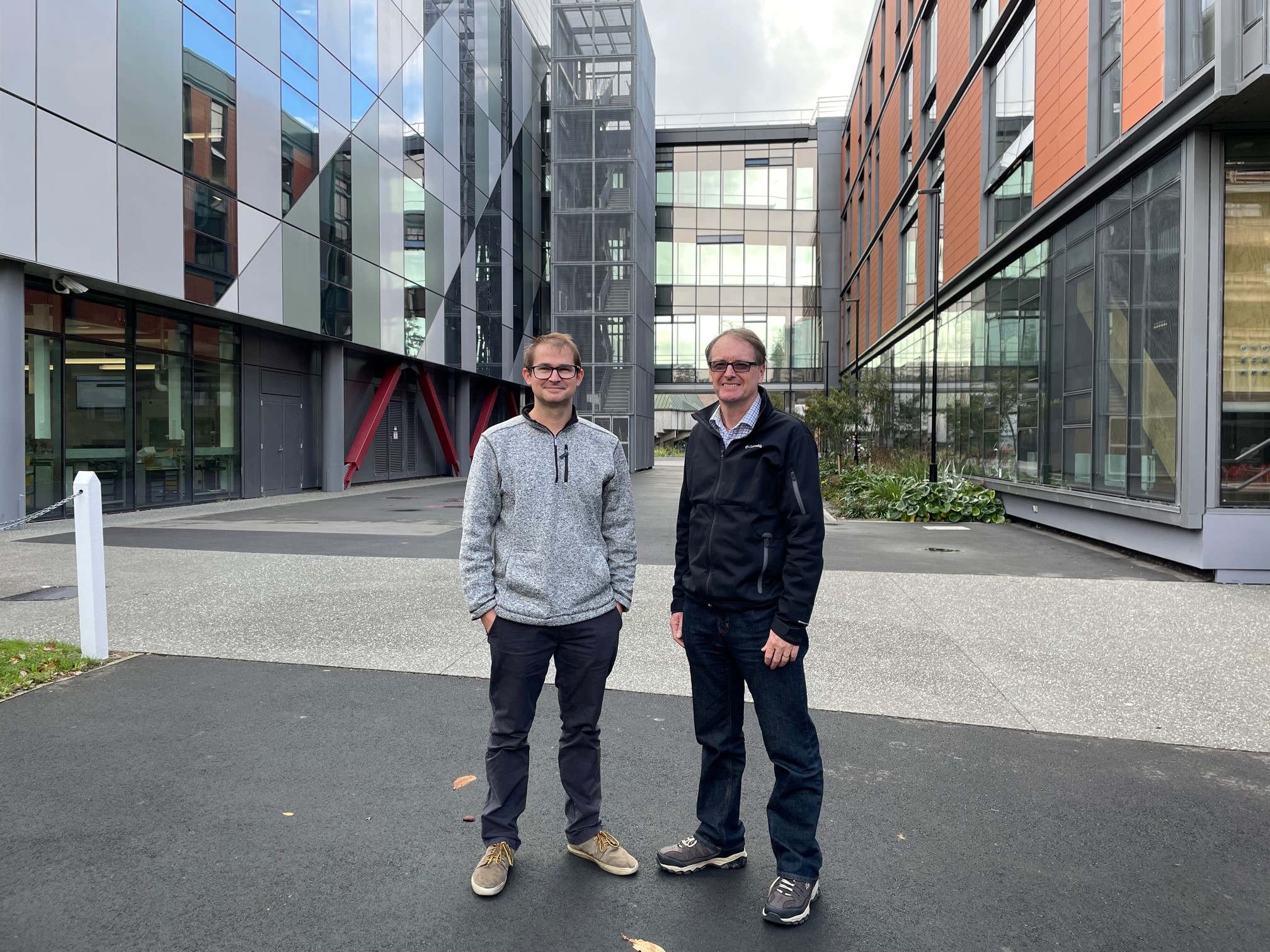Photo caption: Prototype of the flood resilience digital twin
Led by Te Whare Wānanga o Waitaha | University of Canterbury (UC) Professor Matthew Wilson, UC researchers are developing tools to enhance the accuracy and efficiency of flood modelling.
"The work focuses on flood risk assessment and hydrology using digital twins—computer simulations powered by geospatial data and cloud computing—to model and visualise floods and their potential impacts." Professor Wilson, Director of the Geospatial Research Institute | Toi Hangarau says.
The models predict the effects of extreme rainfall, considering climate change and urban growth, and offer insights for disaster response and planning.
"Obviously, we know the areas that flood regularly because of past experience, but our system allows assessment of less frequent or more extreme events that might occur—particularly with climate change. It can also be used to consider how future flood risk could change with additional urban development," he says.
A successful prototype has already been developed in New Zealand, and the team is working to implement the model on a cloud computing system, enabling faster and more efficient flood risk assessments across the country.
As part of new MBIE-funded research, the model is currently being extended to explore flood mitigation scenarios, including nature-based solutions such as wetland restoration and native forest planting.
“These approaches not only reduce flood risk but also provide additional environmental benefits, which the model will quantify and compare to other scenarios such as hard engineering infrastructure.”
The next step for the team—scaling the technology to enable implementation anywhere globally—presents significant challenges. However, a Fellowship provides a valuable opportunity to advance this work. Professor Wilson, one of four recipients of the 2024 inaugural IIT Delhi India-New Zealand Centre Fellowships, will head to India in March to collaborate with water resource researchers in the Department of Civil Engineering at IIT-Delhi.
“My fellowship at IIT Delhi will support this work, providing a valuable opportunity to collaborate with researchers in India. With open-source data and software, we can share ideas, technology, and insights while applying the technology in an Indian context. Given the scale of India, successfully implementing it there would be a significant step towards global adoption.
“Our goal is to provide accessible, scalable tools that help communities to visualise and make informed decisions about flood risks and mitigation strategies,” says Professor Wilson. “Through collaboration and technology, we can make a real difference in addressing one of the most pressing challenges of our time,” he says.
Read more about UC IIT-Delhi India-New Zealand Centre Fellowship recipients here.
 University of Canterbury Professor Matthew Wilson.
University of Canterbury Professor Matthew Wilson.
 Sustainable Development Goal (SDG) 7 - Affordable and clean energy.
Sustainable Development Goal (SDG) 7 - Affordable and clean energy.










